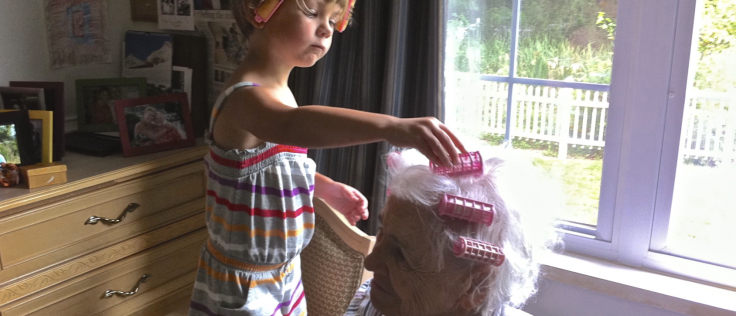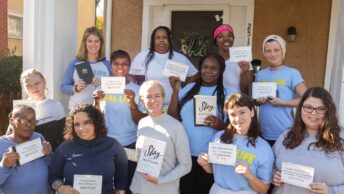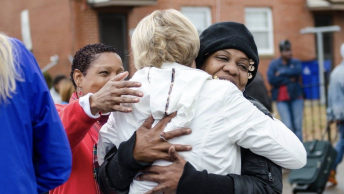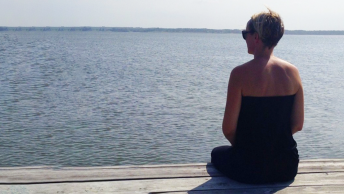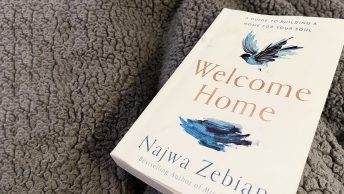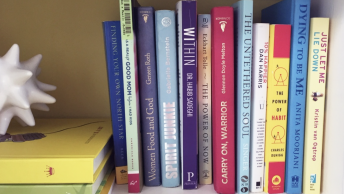Six weeks ago I buried my paternal grandmother and five days from now, I’ll do the same for my maternal grandmother.
This death shit is for the birds.
As I drove home from visiting my unresponsive grandmother two nights ago, before she passed, I couldn’t help but shout, over and over again, “I am not okay. I am not okay. I am not okay!”
It was the only thought I could muster, as the words aggressively flew out of my mouth.
It’s not okay that they’re gone.
Just like it’s not okay that Richard’s dad, Emma’s dad, Julie’s son, my friend Mike Hughes, and the husbands of Charity, Katie, and Sheryl are all gone.
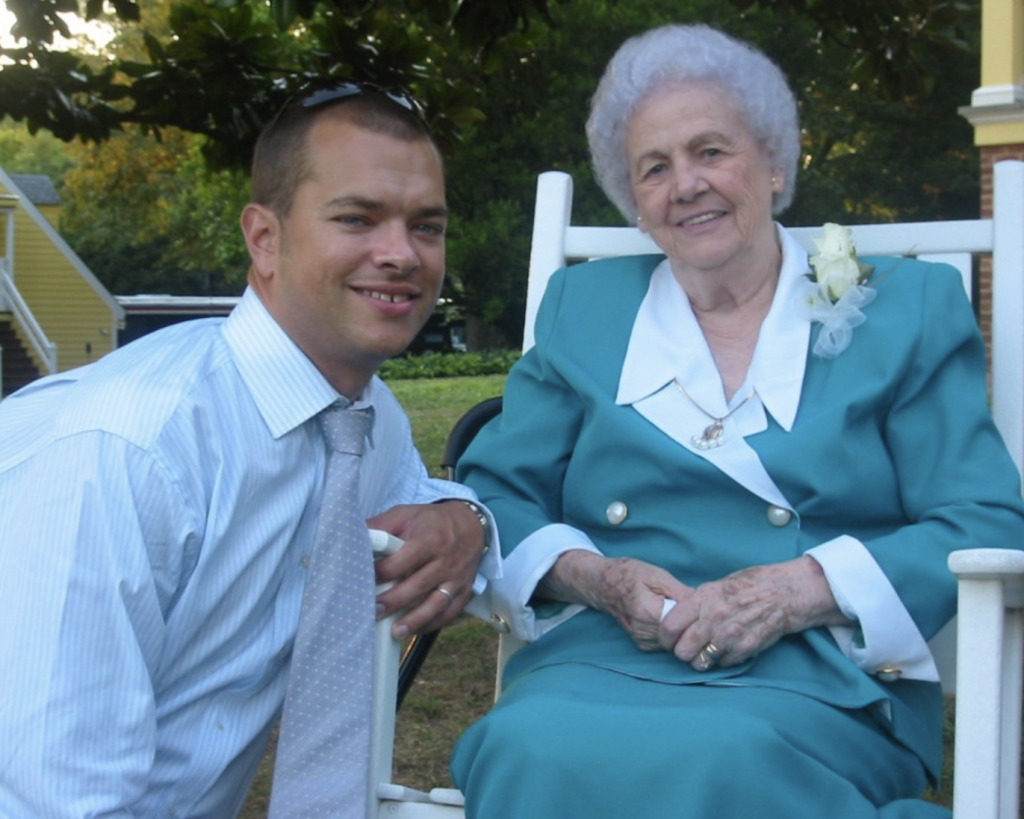
You don’t have to know who these people are to get the gist of what I’m saying. Death does not feel good.
It was not okay to pack my grandmothers’ gorgeous clothes and belongings into garbage bags for strangers to pick through at Goodwill. It’s not okay to know that I can no longer share my children’s milestones with them and watch their eyes light up in response. These women were not ordinary grandmothers; they were both second mothers to me. So it’s not okay that they’re no longer here to show me—by example—how to be a good mother, good wife, and good human being.
I know none of this is helpful. Here’s the helpful part.
We’ve all lost someone, and there are no words to describe how your heart feels when they’re gone. It seems painful, confusing, maddening, and unfair beyond belief. So, I thought I’d share a story that’s helped me deal with this ridiculously sad time in my life.
When we lose someone, it’s only natural to hurt, but we have to be careful about how long we choose to stay in that pain. Focusing on the hurt is not what our loved ones would have wanted. On January 6 of this year, my paternal grandmother, Yvonne, sent an email to our family with one of my grandfather’s favorite stories.
It goes like this:
An old Cherokee told his grandson about a battle that goes on inside all people. He explained, “My son, the battle is between two ‘wolves’ inside us all. One is Evil. It is anger, envy, jealousy, sorrow, regret, resentment, superiority, and ego. The other is Good. It is joy, peace, love, hope, respect, dependability, kindness, empathy, generosity, compassion, and faith.”
The grandson thought about it for a minute and then asked his grandfather, “Which wolf wins?” The old Cherokee simply replied, “The one that you feed.”
In our time of loss, we are not powerless. We can choose which wolf to feed. It’s easy to choose the sad, angry, frustrated wolf inside us that wants more time with our remarkable humans—more family picnics, Thanksgivings, one-on-one time, emails, and love notes.
Though it feels harder, it’s ultimately more rewarding to feed the Good wolf: the grateful and thankful animal inside us that remembers our loved ones and the way they lit up our lives in special ways.
When I find myself feeding the Evil wolf, I think about three things related to my precious, second mothers:
- I loved them, and they knew it.
- They loved me, and I knew it.
- They did life right.
We should all be so lucky. And while I desperately want to ask for more—more time, more memories—I know in my heart that I have already received my fair share.
So, when you find yourself feeding the Bad wolf, try to imagine what your life would be like if that’s the wolf that wins. And then imagine the alternate reality: the one where the Good wolf wins—the part of you who thrives on generosity, kindness, and everything else you admire about the people you love.
When our loved ones say goodbye, I like to think that it’s—in the words of a famous country music song—“one hell of an Amen.”
Alma and Yvonne, you were each one hell of a lady. I’ll be forever grateful for your life and love. I promise to honor you by feeding my Good wolf.
